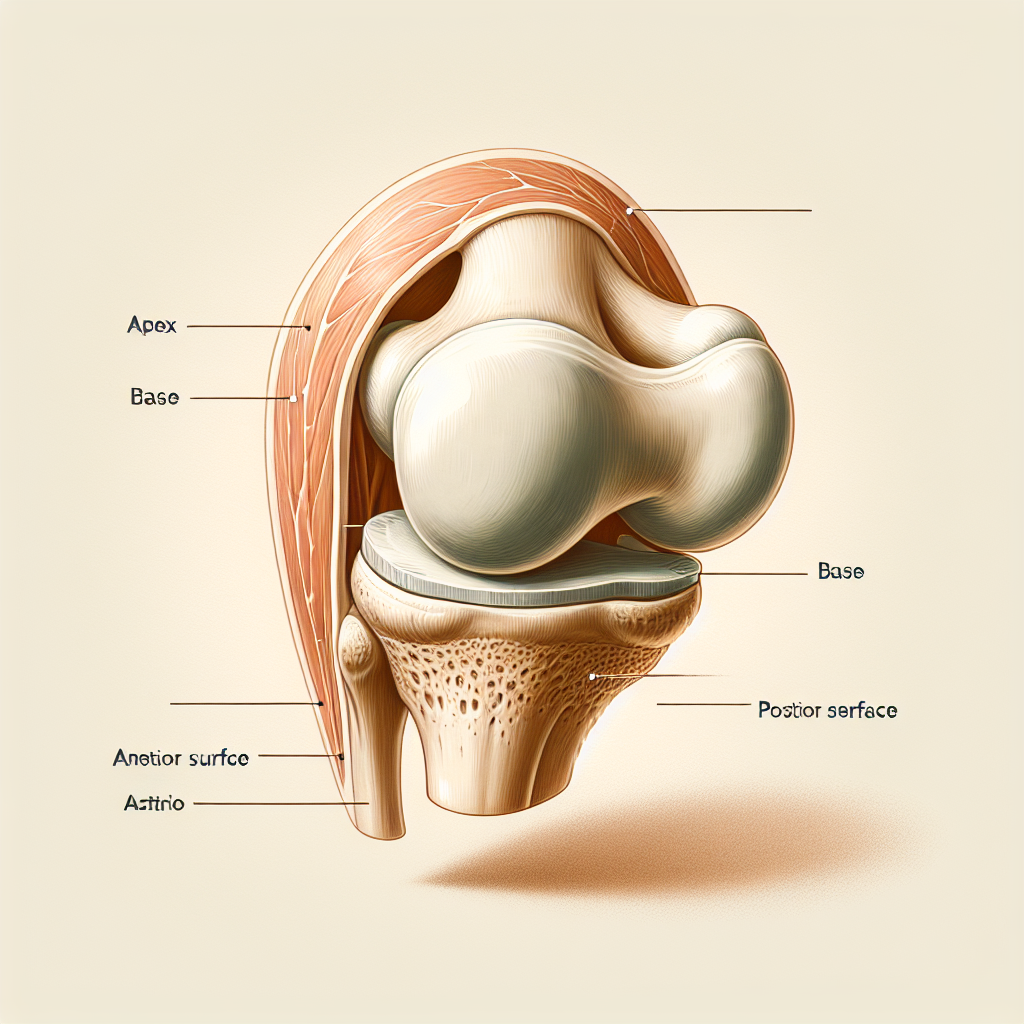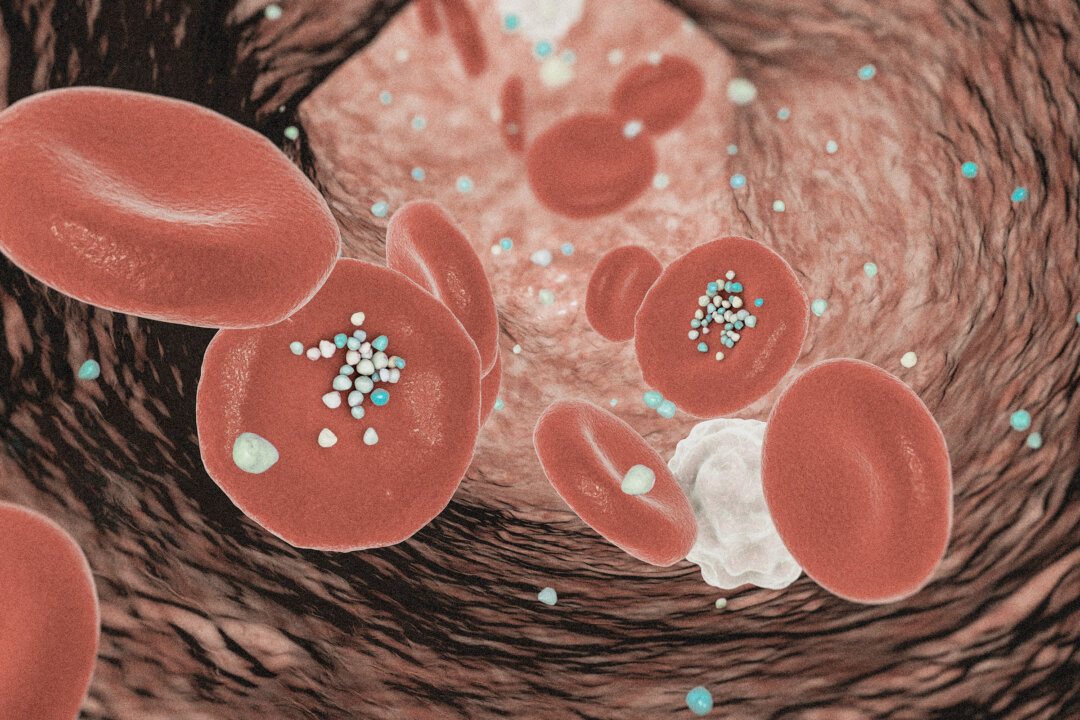$750-million gold-standard Parkinson's Progression Markers Initiative (PPMI) study lowers risk screening eligibility age from 60 to 40 to explore earlier signs of pathology, including loss of smell Expansion of PPMI study is latest landmark step forward of the unparalleled longitudinal study, building on the 2023 discovery of a Parkinson's biomarker PPMI offers many ways to get started in the study, including participating online through its newly enhanced myPPMI online platform. Find your starting point at michaeljfox.org/ppmi NEW YORK , April 29, 2025 /PRNewswire/ -- The landmark Parkinson's disease study from The Michael J.
Fox Foundation for Parkinson's Research (MJFF) today announces a new expansion with additional cohorts and updated technologies to further explore the intricacies and etiology of this complex neurological disease. First launched in 2010, the Parkinson's Progression Markers Initiative (PPMI) has become a cornerstone of Parkinson's research with the aim of accelerating personalized treatments, cures and one day a world without Parkinson's disease (PD). Now offering additional ways to participate, PPMI has lowered its screening age eligibility and is remotely screening individuals aged 40 or older without PD and people with PD diagnosed within the last seven years for potential longitudinal enrollment at one of 50 sites in 12 countries.

Additionally, anyone aged 18 or older in the United States can contribute data on health and wellbeing through the newly relaunched myPPMI study participant platform. This expansion builds on PPMI's longstanding commitment to drive and deepen understanding of the biological fingerprint and clinical footprint of Parkinson's disease. "Since PPMI began, the study has risen to meet current scientific needs while looking forward to anticipate the infrastructure and novel data required for future research.
Partnering with more participants, in the clinics and online, offers new opportunities to develop more tools and learnings to speed therapies while also engaging a broader audience of potential volunteers for the clinical trials to come," said PPMI's principal investigator and distinguished scientist at the Institute for Neurodegenerative Disorders, Kenneth Marek , MD. PPMI's latest expansion comes as The Michael J. Fox Foundation recognizes extraordinary research progress and an innovative high-risk, high-reward model that has generated more than $2.
5 billion dollars to support global research programs. The unprecedented opportunity to speed cures is matched only by the urgency of the need: PD is now the second most common and fastest-growing neurological disease in the world. An estimated 6 million or more people around the world, including over 1 million Americans, live with Parkinson's today.
With no way to prevent, stop or slow the disease, PD is projected to double globally by 2040 . Expanded Eligibility for In-Clinic Study Population Aims to Answer Key Questions In 2023, PPMI data validated a biomarker test for a key Parkinson's pathology — the aggregation of the protein alpha-synuclein. This groundbreaking new test, the alpha-synuclein seed amplification assay (a-syn SAA), allowed scientists, for the first time, to detect this Parkinson's pathology in living people.
The results from PPMI data analysis showed remarkable findings. Firstly, the a-syn SAA test was positive in many people aged 60 or older who were not yet diagnosed with clinical PD and correlated with severe smell loss (≥10% of expected smell ability controlled for age and sex). Six to ten percent of participants in the diagnosed PD cohort had a negative a-syn SAA result.
This was most common in people with normal smell ability, and in individuals who carried a PD-associated mutation in the LRRK2 gene. These findings have pointed to a deeper biological understanding of Parkinson's and have led PPMI to adjust its cohorts. Enrolling people aged 40 or older with smell loss and a-syn SAA positivity will allow scientists to study how early this pathology appears, which could help design prevention trials and further understand younger disease onset.
PPMI will also further examine the biology of individuals later in disease with a Parkinson's diagnosis within the past seven years and robust smell ability, many presumably negative on the a-syn SAA, to understand the biological markers present in these individuals. "In science, each answer begets more questions. PPMI is iterating to build on past success and drive to the next breakthrough.
These quick pivots are possible only with the trust and commitment of the initiative's many partners. We are grateful for the efforts and contributions of the study team, the scientists, the sites and most importantly the study's generous volunteers who have helped change what we know about this disease and how research is moving to stop it," said MJFF Chief Program Officer Sohini Chowdhury . Eligible participants — over age 40 and not diagnosed with Parkinson's or over age 30 and diagnosed with Parkinson's in the past seven years — can request a smell test at www.
mysmelltest.org/expansion . Online Data Capture Complements In-Clinic Research to Elucidate Brain Health and Disease PPMI has also updated its online experience for participants.
In 2020, the study launched an English-language online platform to capture data on health and wellbeing over time from anyone aged 18 or older in the United States , with or without PD. To date, more than 46,000 participants have completed more than 222,000 online study visits, contributing data in over 3.3 million surveys.
This data is pointing scientists to predictive features and varied progression profiles, which may help improve care and research practices. The online capture part study has been folded into the myPPMI participant platform. Introduced in 2023, myPPMI provides opportunities for participants to contribute in varied ways to the initiative (e.
g., online, in-person) and to contribute study data virtually and, in some cases, individuals' personal research information. In 2024, PPMI began offering access to personal data from the a-syn SAA test, dopamine transporter (DAT) brain imaging scan, and a physician assessment of movement issues.
One of the first Parkinson's studies to share back this volume of research information directly to trial volunteers, PPMI provides education and counseling around these tests as well. myPPMI is available in the U.S.
, Austria , England , Canada , Germany , Spain , the Netherlands , with additional countries starting later in 2025; content is currently translated into German, Dutch and Spanish. The integration of online data collection into myPPMI enhances the participant experience as well as widens the pool of contributors. "I am grateful for the opportunity to be part of this study community.
Joining PPMI has been an empowering step in my Parkinson's journey, and I'm glad that the new platform will make it easy to contribute more to the study," said PPMI Community Advisory Board member Marty Acevedo , 65, of Oceanside, California . "Furthermore, I'm glad that the study is now returning some personal research information back to us participant partners. This knowledge on our own disease can help navigate care and research decisions.
" PPMI's Continuing Collaborations to Grow Study Impact Today, MJFF is convening hundreds of academic, research and industry leaders from around the world for its PPMI Annual Investigators Meeting held in New York City . Hosted by MJFF, the annual meeting features reports on promising avenues of exploration in the study and advancements in our understanding around disease progression and biomarkers, while addressing challenges and opportunities in clinical trial innovations, including new approaches to integrating patient perspectives. Heralded as "the study that's changing everything" about how Parkinson's is diagnosed, managed and treated, PPMI and its data are made possible by the nearly 4,000 volunteers — people with PD, disease risk factors and control volunteers — at PPMI clinics and more than 45,000 in its online study.
All de-identified data is shared in real-time with qualified scientists to speed scientific discovery and validation of findings toward broad application. While iterating its current protocols, PPMI is also collaborating to grow the impact of its dataset, biosample library and engaged participant base. Scientific Findings across Disease: The open-access PPMI dataset is consistently cited in emerging Parkinson's reports, including more than 150 peer-reviewed publications in 2024.
Notable recent papers from PPMI leadership include a report in Neurology on lower rates of dementia in PD than previously reported and one in Annals of Neurology on the connection between smell loss, dopamine brain imaging and a-syn SAA in people without Parkinson's disease. Cross-study Data Sharing: PPMI is also contributing data to cross-study collaborations, growing the value of its data set and speeding more scientific breakthroughs. The initiative is one of nearly 250 cohorts around the globe contributing data to the Global Parkinson's Genetics Program (GP2), an ambitious program to genotype over 250,000 volunteers around the world to further understand the genetic architecture of PD.
GP2 is a resource program of Aligning Science Across Parkinson's (ASAP) initiative managed by the Coalition for Aligning Science and implemented by The Michael J. Fox Foundation. Both PPMI and GP2 also are adding data to the Accelerating Medicines Partnership® program for Parkinson's Disease (AMP® PD), a public-private partnership from the Foundation for the National Institutes of Health.
MJFF and ASAP are AMP® PD members and contribute data, along with other studies, for harmonization and sharing. PPMI is a $750-million public-private partnership. Major funding for PPMI comes from ASAP, a global research initiative focused on accelerating the pace of discovery for Parkinson's disease.
ASAP support is enabling expanded PPMI recruitment efforts and remote testing as well as assay development efforts to enable breakthroughs such as αSyn-SAA. This infrastructure provides a ready platform for future discoveries. In addition to ASAP, PPMI is supported by the Edmond J.
Safra Foundation, the Farmer Family Foundation, Connie and Steven Ballmer , and Susan and Riley Bechtel . The study is additionally funded by a consortium of more than 40 biotech and pharmaceutical firms providing financial and in-kind support, and by tens of thousands of individual donors to The Michael J. Fox Foundation.
About The Michael J. Fox Foundation for Parkinson's Research (MJFF) As the world's largest nonprofit funder of Parkinson's research, The Michael J. Fox Foundation is dedicated to accelerating a cure for Parkinson's disease and improved therapies for those living with the condition today.
The Foundation pursues its goals through an aggressively funded, highly targeted research program coupled with active global engagement of scientists, Parkinson's patients, business leaders, clinical trial participants, donors and volunteers. In addition to funding $2.5 billion in research to date, the Foundation has fundamentally altered the trajectory of progress toward a cure.
Operating at the hub of worldwide Parkinson's research, the Foundation forges groundbreaking collaborations with industry leaders, academic scientists and government research funders; creates a robust open- access data set and biosample library to speed scientific breakthroughs and treatment with its landmark clinical study, PPMI; increases the flow of participants into Parkinson's disease clinical trials with its online tool, Fox Trial Finder; promotes Parkinson's awareness through high-profile advocacy, events and outreach; and coordinates the grassroots involvement of thousands of Team Fox members around the world. For more information, visit us at www.michaeljfox.
org , Facebook , Instagram and LinkedIn . SOURCE The Michael J. Fox Foundation for Parkinson's Research.
Health

The Michael J. Fox Foundation Expands Landmark Parkinson's Research Study toward Better Treatments and Prevention

$750-million gold-standard Parkinson's Progression Markers Initiative (PPMI) study lowers risk screening eligibility age from 60 to 40 to explore earlier signs of pathology, including loss of smell Expansion of PPMI study is latest landmark step forward of the unparalleled longitudinal...















